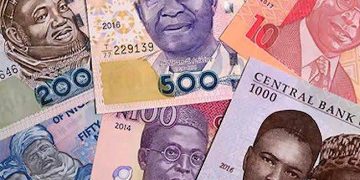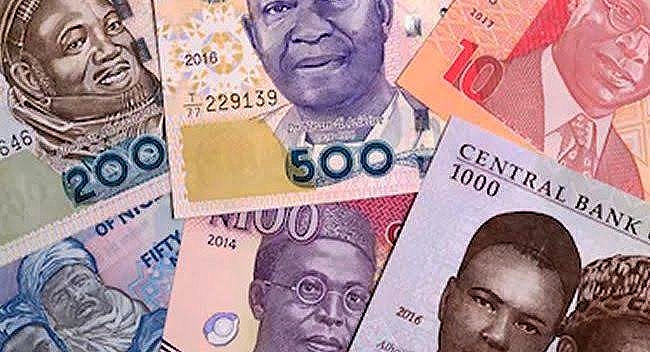By John Ikani
Nigeria’s currency in circulation surged to a record N3.97 trillion ($8.8 billion) at the end of May, reflecting a 1.07% increase from April. This upward trend has persisted for several months, with figures rising from N3.92 trillion in April to N3.86 trillion in March.
The increase comes despite the Central Bank of Nigeria’s (CBN) efforts to tighten monetary policy through a high benchmark interest rate of 26.65%. Currency in circulation refers to physical banknotes and coins available for use in the economy.
READ ALSO: Fixing Nigeria With An Anthem
Earlier data from the CBN revealed a significant rise in March, with circulation reaching N3.87 trillion, a 4.76% jump from N3.69 trillion in February. The first quarter of 2024 also witnessed a steady increase in cash outside banks, climbing from N3.28 trillion in January to N3.41 trillion and N3.63 trillion in February and March, respectively.
A critical takeaway from the data is that over 90% of Nigeria’s currency in circulation resides outside the banking system. This suggests a growing preference among Nigerians to hold onto cash.
This trend has drawn the attention of the CBN. During a March meeting of the Monetary Policy Committee, member Muhammad Abdullahi highlighted the bank’s concern about high levels of currency outside banks as a potential factor contributing to inflation in the country.




































